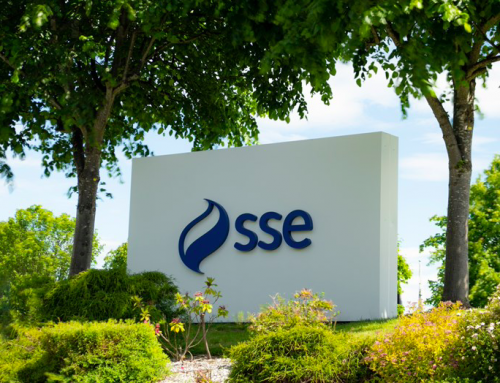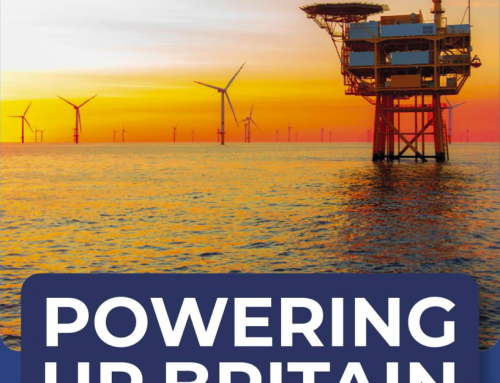In 2009 ten of the forty largest listed companies in the world by market value were European, whereas now only Shell and Roche Holding are. Furthermore there are almost no new large European firms: most have existed for more than a century. Europe, which includes the UK, is almost absent in new technologies. It does not produce mobile phones or computers nor does it have any rival to Google, Amazon, Netflix or social media. US and Asia dominate, while Europe continues to focus on traditional industries and risks becoming a giant theme park.
Europe does still have a large presence in several high technology industries: pharmaceuticals, aeroplanes, oil and gas, electrical engineering and of course cars. However a ride in a Tesla with an enthusiastic owner convinced your correspondent that this was not a car so much as a mobile phone on wheels.

www.pixabay.com
The Tesla model 3 has no dashboard, just a large interactive screen, and even that may not be essential as most functions can be run from an app on a mobile phone. The car’s special features – such as self-parking and certain amount of self-driving – all depend on cameras, sensors and software. All recorded information is sent to a Tesla server: wonderful if you want to know where your stolen car is or to prove that the other driver was at fault, but alarming if you are worried about privacy. Cars extend the coverage of security cameras considerably.
One telling difference is the reduced maintenance compared to a conventional car. Tesla now recommends maintenance on an as-needed basis rather than a fixed schedule. Brake pads on electric cars last longer because when slowing down much of the car’s energy is applied to charging the battery rather than wear on the pads. Electric motors have less moving parts and last longer than any combustion engine. All this means that the basic functions of an electric car are simpler to manufacture while the key differentiators lie in the software and battery cost. This does not bode well for European manufacturers.
As has often been observed Europe produces ideas but has less capacity to turn them into businesses. Of the thirty-eight Nobel prizes awarded between 2015 and 2018 in Physics/Chemistry/Medicine and Economics sixteen went to Europeans and the same number to Americans[1]. Many reasons have been suggested for the comparative lack of commercial success: less recognition given to commercial achievements, language barriers, the smaller and incomplete internal market, lack of technology hubs with critical mass, and less willingness to take risks.
The willingness of American investors to suffer losses for long periods is well illustrated by the history of Amazon, Uber and Tesla: of these only Amazon is making consistent large annual profits after listing in 1997 and first becoming profitable in 2004. There are also examples in traditional industries: investors in shale gas companies have seen share values drop consistently over the last ten years. Maybe such long-range positions are only possible when investors have the greater overall wealth available in America or maybe it is because these new technologies are disruptive, thus causing problems that are more readily overlooked in the US than in more traditional Europe.
Whatever the reason Europe needs to find some way forward. Renewable energy is one of the few bright spots. The UK is the leader in offshore wind installations, while several of the largest wind turbine manufacturers are European. The manufacture of photovoltaic panels has all but disappeared outside Asia but there are new materials and processes that could bring some of the market back to Europe. Otherwise the main hope must rest in showing how to solve the most difficult problems of converting large-scale storage, heating and aviation to renewable energy. The motivation is there but will the system and culture allow it?
[1]Although ten of the Europeans worked mainly at American institutions. The numbers are strongly influenced by the awards in 2016 which included eight Europeans and only one American.





